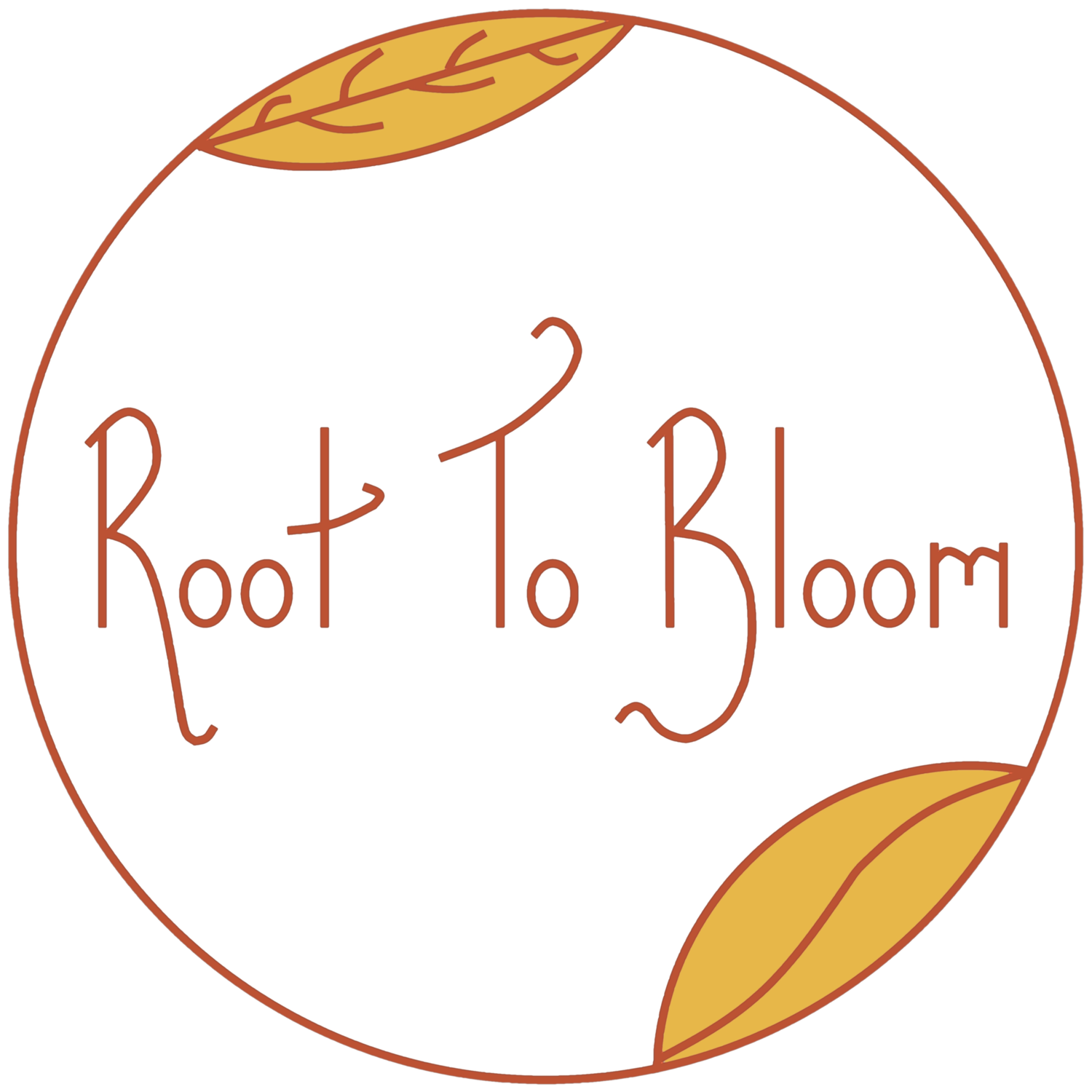Fundraising with Kindness
Money. It’s a topic that makes many of us wince, that can burrow us into anxious thoughts and feelings. It’s no wonder fundraising can be stressful. In our experience, very few non-profit leaders enjoy it, and many professional fundraisers burn out. As fundraisers, we know that securing funding directly impacts the lives of our colleagues: their salaries, benefits, or even their ability to have a joyful team retreat. Securing funding seems to allow for a collective organizational exhale, but at what cost? In fact, according to fundraising research published by Civil Society UK in 2020, 26% of professional fundraisers said they had to take time off because of stress, anxiety, or depression as a result of their fundraiser role. Through our experience at Root To Bloom (RTB) supporting multiple organizations with fundraising in the last five years we commonly find that partners are considering contracting us either because (1) EDs and senior staff are nearing burnout and struggling to hold what feels like a significant, albeit necessary, stressor or (2) the organization has difficulty engaging fundraising staff, with many spending over a year with no internal lead to fill this gap.
I have learned that kind fundraising, or resource mobilization as we call it at Root To Bloom, begins at the root. As much as we have learned about fundraising stress, we have also learned about what can bring ease, self-discovery, and dare I say, even joy, into the experience:
Getting to the Root: Cultural Finance and Your “Money Story”
The first part of the work is uncomfortable; it begins with a genuine exploration of our relationship to money and our money culture. Cultural finance as a field helps to guide our approach, as it’s increasingly evident that our histories and culture shape financial attitudes. Symbolisms, superstitions, and cultural norms matter. An oft-used example is that of China, where beliefs surrounding the number 4 lead investors to avoid trading on the fourth day of the month. Personal history also shapes financial attitudes. For example, it was very difficult for me to grow into becoming a fundraiser when I was raised in a culture where discussing money openly was perceived as unfeminine and crass.
At RTB, we work with BIPOC leaders coming from cultures and backgrounds with varied relationships with money. Many are inspired to work on economic justice because they grew up in households with financial constraints. Most are more comfortable with attrition than the idea of deserving abundance. They can come up with an extraordinary amount of entrepreneurial “lean” solutions for their organizations, but find themselves challenged to really believe that they can make a bold ask. So, before the ease, I would encourage folks to sit with their story, their history, and their cultural attitudes towards money.
So what are some questions to ask yourself to fundraise kindly? What are some grounding visioning practices that can shift your perspectives? A few inquiries and practices come to mind:
How do I feel about money? What is my first memory of it?
What did my family and community teach me about money?
What have I been hearing or even internalizing from society more broadly?
When I close my eyes and visualize abundance, what is the picture that comes to mind? Visualize yourself planting the seeds and taking the steps towards this abundance.
One of our clients visualized abundance as a field of sunflowers, and I encouraged her to imagine planting a sunflower seed before our fundraising discussions to move away from her deeply rooted scarcity fears and ground further in this idea of abundance.
Generally, we move within unkind white supremacist systems that center capital while devaluing the very things like culture, art, and community, which many of these organizations are painstakingly nourishing. “Getting to the root” is a process that asks us to confront sensitive individual issues, reflect on our familial, cultural, and gendered relationship to money while contextualizing external factors. The transformation we see in leaders who have confronted their relationship to money know why “the ask” makes them uncomfortable, and their work to find their own path to resource mobilization is profound. This journey can take many different forms; sometimes that looks like “making the ask” to funders in such a way that speaks to the importance of their grantmaking as restorative justice, or it can look like a personal 5-minute grounding practice before an important call. And through it all, please give yourself a break. Money is complicated and fundraising is hard, so allow yourself to learn, stumble, and grow.

